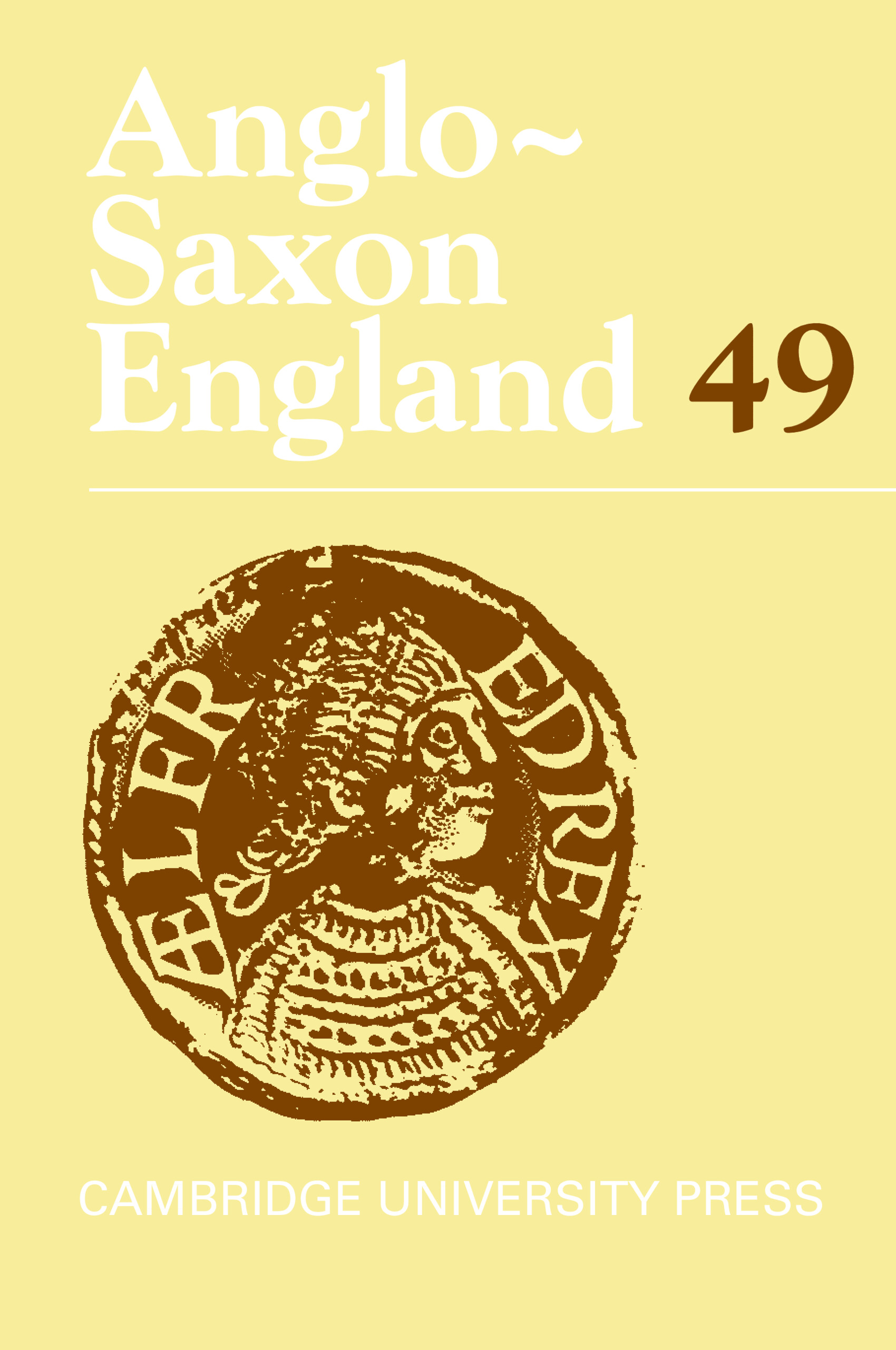Article contents
The social context of narrative disruption in The Letter of Alexander to Aristotle
Published online by Cambridge University Press: 09 October 2002
Extract
David Williams has recently argued that medieval representations of the monster give humans an image of divinity, but one which can never be totally understood or described. Positive theology, the via positiva, attempts to take what is known of divinity and then to derive more precise statements about the nature of God; it attempts to contain God in human thought and language. The via negativa, by contrast, forces humans to discard the idea of any positive knowledge about God, since reason and language are inadequate to the task of containing or describing a being so totally other to humans. Alexander the Great, the narrator of the Old English Letter of Alexander to Aristotle, experiences such a negation in his campaign in India; he attempts to describe the wondrous beings and races which he encounters with his army, and his narrative of conquest functions as a metaphor for containing the encountered world in thought, description and mental order. However, he is resisted at every turn by natives, monsters and classical divinities; he is forced to realize that his reason and his force are incapable of containing divine power as manifested in the natural world of India.
- Type
- Research Article
- Information
- Copyright
- © Cambridge University Press 2001
- 7
- Cited by


